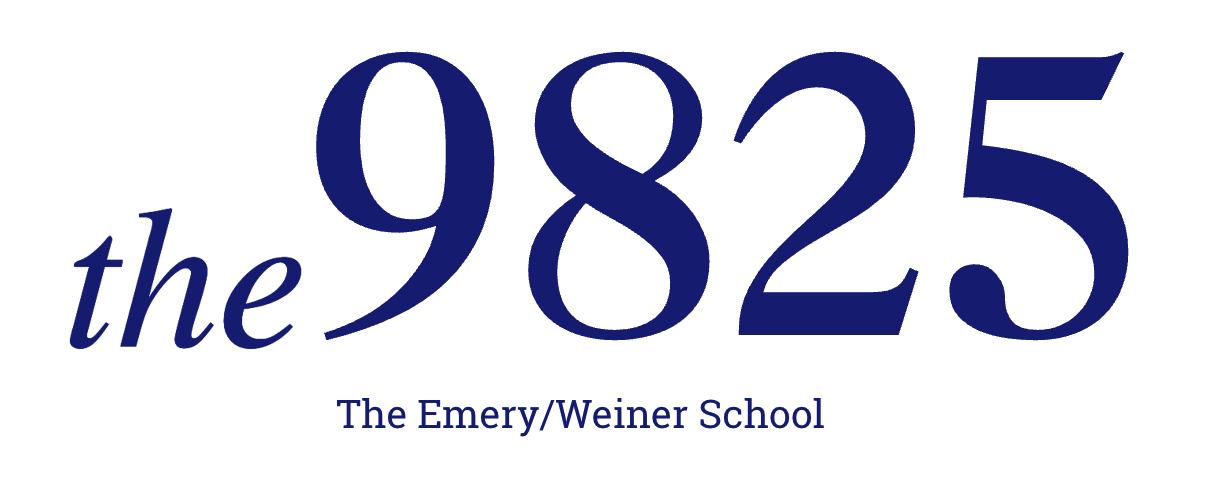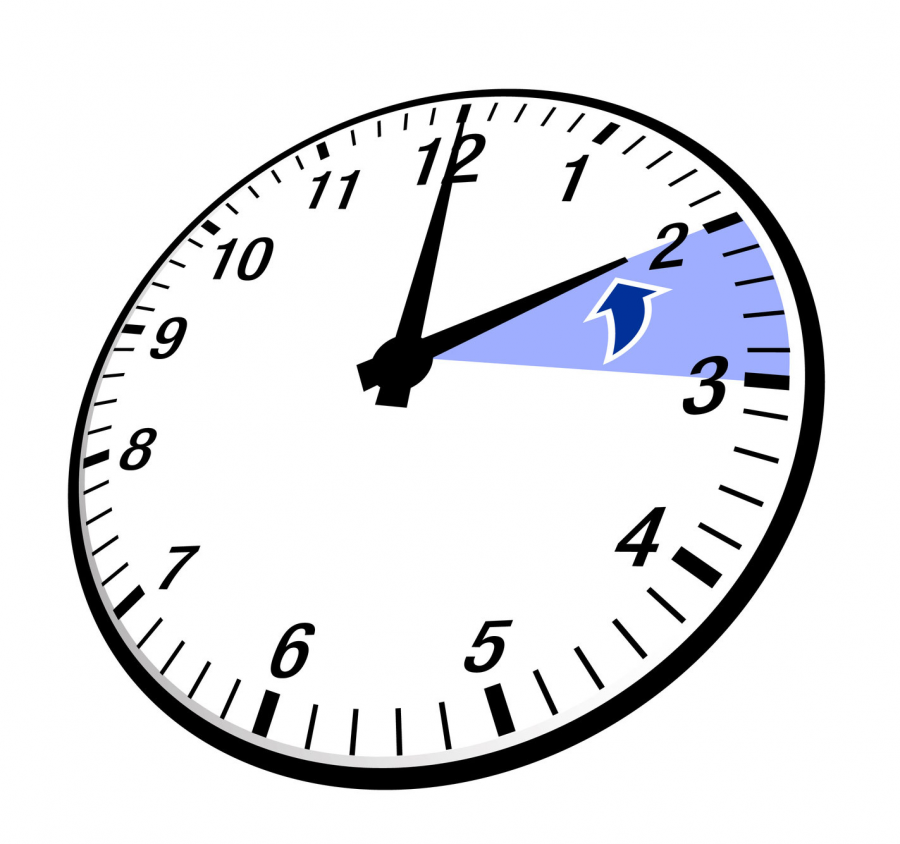Finding the Right Time
December 7, 2020
Once in-person classes began this semester, it seemed the majority of the student body and faculty had fallen into a grove of beginning their day at 12:30 p.m.. and ending around 4:30 p.m. With the exception of having a study hall first or last period, beginning and ending the school day much later than usual didn’t seem to bother anyone in the Emery community.
Sports practices began much later in the afternoon and often ended around 7-8 pm. A later start time also allowed for an increase in morning practices amongst all sports. Thursday, November 12, Emery had a trial run for a new schedule in which classes began at 12 and ended at 3:41. Monday, November 16, this schedule change became permanent.
The 30-minute difference in the morning and 45-minute difference in the afternoon may not seem like such a big deal, but the student body had some interesting opinions regarding these time changes. Let’s hear from the perspective of both the students who are affected by these time changes and the faculty who worked to put these changes in effect.
Sophomore Ari Strauss said this about the time change: “The new start time gives me opportunities to do more stuff during the day that isn’t school-related. It gives me more time to do stuff with friends, do homework, and sports.”
Junior Phoebe Cosgrove agrees.“I like it because we get out earlier, but it is definitely an adjustment to my morning. That 30 minutes was definitely useful in the morning and now it seems a little bit rushed,” said Cosgrove.
Senior Kian Bobrow has mixed feelings about the schedule change. “It’s nice to get out a bit earlier, although the timing is a bit awkward. Like, there’s not any time to eat between classes or any time to after school because of practice. But it’s good because we’re barely in school, and we can sleep in. Overall, it’s a very nice schedule,” said Bobrow.
While the students are still trying to adjust, the early start time benefits the teachers and faculty, as well as Emery’s director of instructional technology and assistant director of operations, Josh Blice, said, “I think this earlier start is so much better so Upper School teachers and students can be done earlier in the afternoon.” English teacher Jennifer Williams says the time change has impacted her daily class planning as well as her opinion on the time change overall.
“In terms of classes, it makes things a little harder for me personally,” says Williams. “Both of my kids are distance learners, but they start the day at different times.” Before the time change, Williams met with her students and had advisory at the start of the day, allowing her to check-in with her own kids, make sure they were on task, and make them breakfast. She could also work on grading and organizing lessons.
“If my kids or students didn’t need me,” Williams said, “I would have roughly two hours of time to do this. I could leave my house around 11:30 (I live 15 miles away, and it can take anywhere from 20 to 45 minutes to get to Emery, depending) in order to get to campus with enough time to set everything up for my students and for the day.” Now, she must have all of her morning routine finished by 10:00, and her daughter doesn’t even start classes until almost 9.
“I must leave at 11:00 to ensure I’m in class on time. So, yes, it’s a little harder. But on the other hand, I am able to get home sooner (fighting traffic home is an ordeal!).”
Williams says the new schedule “makes more logical sense rather than having periods of time oddly ‘broken up.’ It seems to me that it depends on people’s personal scheduling preferences, their family situations, where they live…and for teachers, how much and what level of ‘time-intensive’ grading their subject requires, how many different classes they teach, and how many students they have.”
The overall consensus among students and faculty alike is that while their morning may seem a little more rushed than usual, the time that has been freed up at the end of the day is well worth the “rushed” morning schedule.

